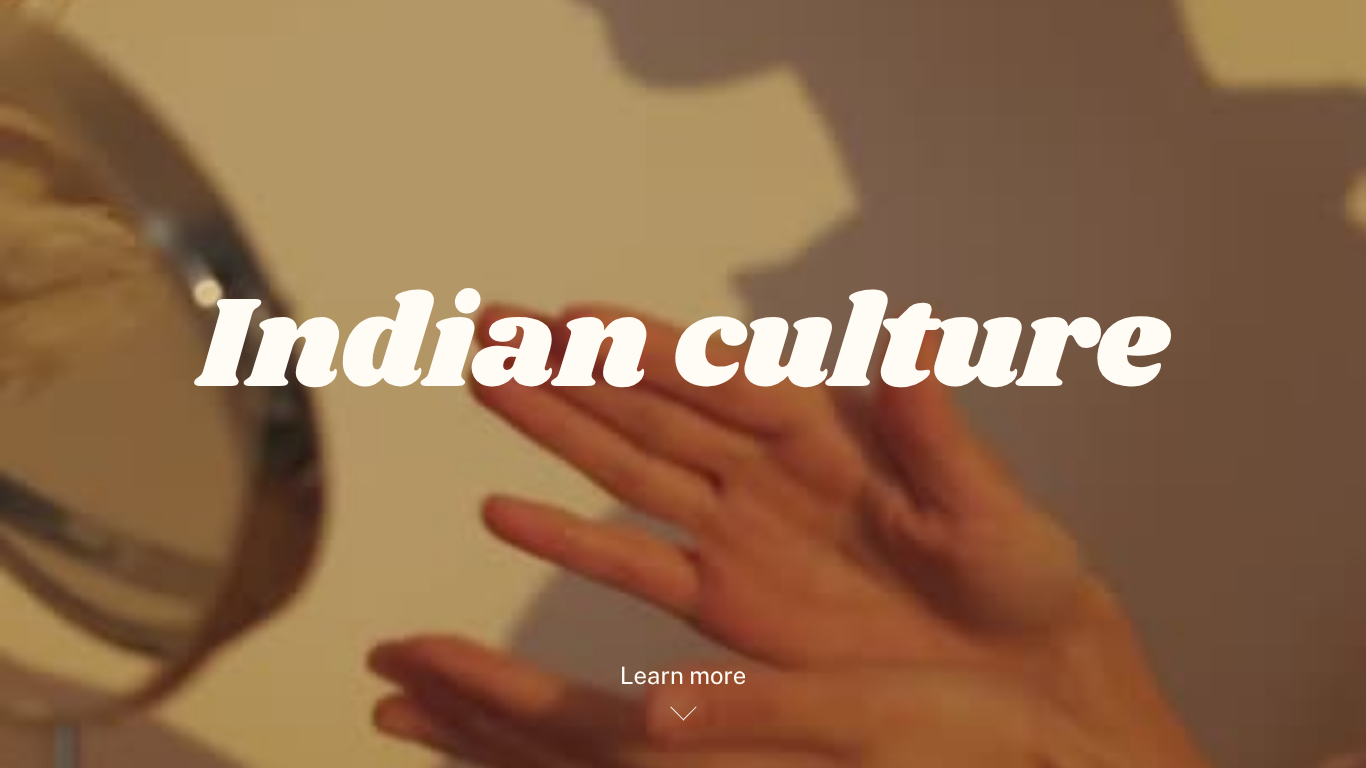Why Indian Culture Is Best: A Celebration Of Timeless Traditions
India is a land of colors, festivals, spirituality, and diversity that continues to mesmerize the world. From its rich heritage to its everyday values, there are countless reasons why Indian culture is best. This article explores the various aspects that make Indian culture not only unique but also one of the most admired and respected cultures globally.
Table of Contents
Toggle- Why Indian Culture Is Best: A Celebration Of Timeless Traditions
- A Land Of Unity in Diversity
- Spiritual Depth And Religious Tolerance
- Delicious Diversity In Indian Cuisine
- Vibrant Festivals That Celebrate Life
- Strong Family System And Respect For Elders
- Rich Art, Music, And Dance Heritage
- Ancient Knowledge And Literature
- Traditional Clothing That Blends Comfort And Style
- Hospitality: “Atithi Devo Bhava”
- Indian Culture In The Modern World
- Final Thoughts: Why Indian Culture Is Best
Whether it’s the warmth of Indian hospitality, the depth of its traditions, or the diversity in its customs, the reasons why Indian culture is best span across centuries and geographies. Let’s dive into the heart of India’s cultural richness and discover why it stands tall and proud on the global stage.
A Land Of Unity in Diversity
One of the strongest reasons culture is best is its ability to unite people of different languages, religions, and ethnicities. India is home to:
- Over 22 official languages and 100+ dialects
- Diverse religions including Hinduism, Islam, Christianity, Sikhism, Buddhism, and Jainism
- Countless traditions, art forms, and customs
Despite these differences, the Indian lifestyle promotes mutual respect and harmony. Unity in diversity is not just a phrase in India—it’s a living reality.
Spiritual Depth And Religious Tolerance
Another reason why Indian culture is best is its deep spiritual foundation. India gave the world major religions like:
- Hinduism
- Buddhism
- Jainism
- Sikhism
Indian culture promotes the idea of Vasudhaiva Kutumbakam, meaning “the world is one family.” People from different religious backgrounds celebrate each other’s festivals, visit each other’s homes, and live in peaceful coexistence.
From morning prayers to temple bells, India breathes spirituality.
Delicious Diversity In Indian Cuisine
You can’t talk about why Indian culture is best without celebrating its food. Indian cuisine is as diverse as its regions—spicy, flavorful, and steeped in tradition.
Regional Examples:
- South India – Dosa, Sambar, Rasam
- North India – Paneer, Chole Bhature, Rajma Chawal
- East India – Fish Curry, Macher Jhol
- West India – Dhokla, Thepla, Dal Baati
Each dish carries stories of heritage, ingredients passed down generations, and a blend of Ayurvedic principles with modern flavors.
Vibrant Festivals That Celebrate Life
Festivals are the heartbeat of Indian tradition. They showcase by bringing people together in joy and celebration.
Major Indian Festivals:
- Diwali – Festival of lights
- Holi – Festival of colors
- Eid – Celebration of community
- Christmas – Celebrated with equal joy
- Navratri, Durga Puja, Baisakhi, Onam – Cultural and spiritual diversity
These festivals reflect gratitude, seasonal cycles, mythology, and a deep-rooted connection with nature and divinity.
Strong Family System And Respect For Elders
An important reason strong family bond it nurtures. The Indian joint family system teaches values like:
- Respect for elders
- Care for younger members
- Sharing responsibilities
- Emotional support
In Indian households, elders are considered the guiding force and are given utmost respect. Touching feet, using respectful language, and seeking blessings are part of everyday etiquette.
Rich Art, Music, And Dance Heritage
Indian culture is globally celebrated for its ancient and classical art forms. This is another major reason why Indian culture is best.
Classical Dance Forms:
- Bharatanatyam
- Kathak
- Odissi
- Kuchipudi
- Mohiniyattam
Classical Music:
- Hindustani (North)
- Carnatic (South)
Folk Arts:
- Warli painting
- Madhubani
- Kathputli (puppet shows)
These forms are not just entertainment—they are a celebration of storytelling, emotions, and divine expression
Ancient Knowledge And Literature
From Vedas and Upanishads to modern thinkers like Swami Vivekananda and Rabindranath Tagore, India has a treasure trove of wisdom. Why Indian culture is best is deeply rooted in its intellectual and philosophical depth.
Contributions:
- Ayurveda (traditional healing system)
- Yoga (spiritual and physical wellness)
- Sanskrit scriptures and epics like Mahabharata & Ramayana
- Zero and ancient mathematics from Aryabhata
The Indian education system, traditionally called “Gurukul,” promoted holistic development—something modern systems are re-discovering today.
Traditional Clothing That Blends Comfort And Style
Indian culture also shines through its vibrant and meaningful clothing. Each state has a unique style of attire:
- Sarees and Salwar Suits (North & Central India)
- Mekhla Chador (Assam)
- Lehenga Choli (Rajasthan & Gujarat)
- Lungi, Veshti, and Mundu (South India)
Even in modern times, Indian wear continues to evolve with Indo-Western fusions. This adaptability is proof why Indian culture is best—it honors the past while embracing the present.
Hospitality: “Atithi Devo Bhava”
Indian culture teaches us to treat guests as gods. The phrase “Atithi Devo Bhava” summarizes Indian hospitality.
- Guests are welcomed with warmth
- Homes are kept clean and ready for unexpected visitors
- Special food is prepared when guests arrive
From rural villages to urban cities, you’ll always find a welcoming smile and a cup of chai waiting for you in Indian homes.
Indian Culture In The Modern World
Even with modernization, why Indian culture is best still holds true. India adapts beautifully to new technologies and lifestyles while preserving its roots.
Young Indians celebrate Diwali on Instagram, attend yoga classes online, wear sarees to parties, and also work in global tech firms. This fusion of tradition and tech-savviness makes Indian culture timeless.
Final Thoughts: Why Indian Culture Is Best
- To summarize, here’s why Indian culture is best:
- It embraces diversity while fostering unity
- It holds spiritual and philosophical depth
- It offers vibrant festivals and traditions
- It promotes respect for elders and family unity
- It blends traditional arts with modern relevance
- It encourages hospitality, harmony, and humanity
Indian culture is not just about what we wear, eat, or celebrate—it’s a way of life. It is a culture that teaches compassion, community, celebration, and consciousness.


